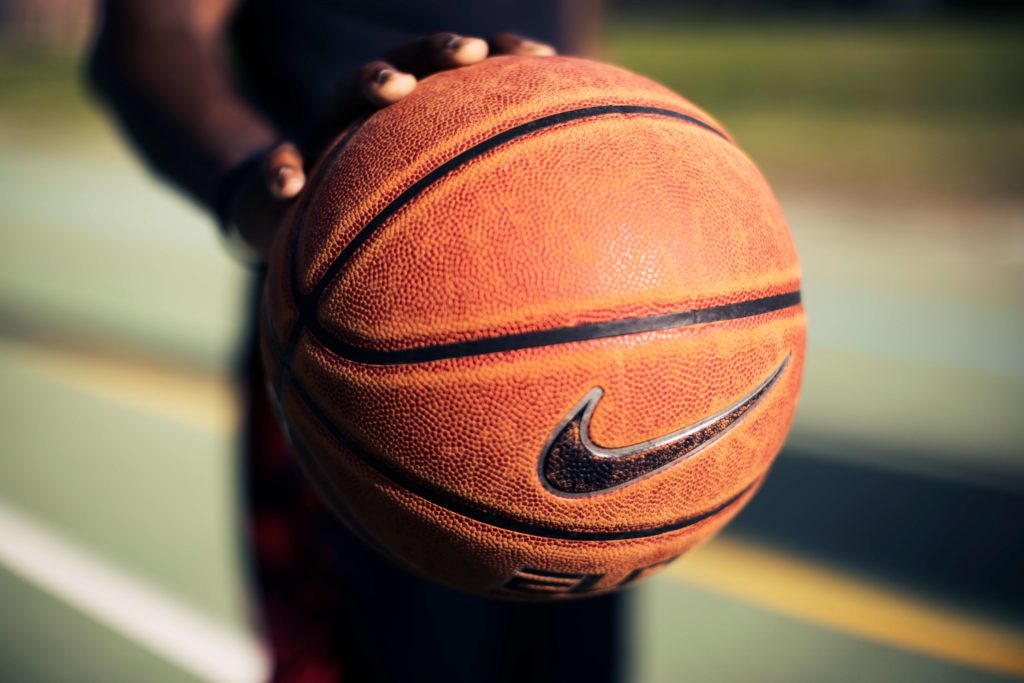A website will make or break a company’s global brand. For a potential client, there’s nothing quite as frustrating as going to a website looking to find information or buy a product, only to get bogged down with content that’s written in a foreign language, or images that don’t pertain to their own experiences.
Website localization is tough, but it’s essential. Some companies recognize this and put a lot of effort into localizing their websites. Here are three global brands that made sure site visitors from everywhere in the world have a positive experience.
Nike
Nike has localized their website for global users extremely effectively. First, the “language tunnel” that Nike incorporates onto their front page is intuitive, efficient, and has great visuals. Users can select a region, and instantly are given country options. Some countries have a dropdown menu with multiple language options. For example, Canada gives options for French or English. Otherwise, a country’s primary language will be used
From here, users are taken to pages within Nike.com that are specific to that country or region, not just in terms of language, but for many, with targeted marketing content as well. For example, the Saudi Arabia and United Arab Emirates pages use this image to grab buyers’ attention:
With the background, fashion, and model choices, Nike has ensured that visitors from that region will relate specifically with this image.
Coca-Cola
Within the main Coca-Cola website, there’s a global page that is simplistic and easy to use. Users click on a region to open up numerous options for countries. Each of these country options are spelt out in the English language, as well as the country’s primary language.
These links lead to websites for each country. That significantly improves the Coca-Cola’s SEO in those countries. With these regional websites, Coca-Cola also uses images that relate to that culture, much like Nike.
The website localization doesn’t stop there, either. Coca-Cola has an iconic color—bright red. That can potential lead to issues with countries’ cultural concepts of a color. Without changing the color scheme for some of the regional websites, Coca-Cola could’ve risked alienating its audience.
One of the best examples of this comes from Asia. In China, red is a positive color. It signifies good luck, long life, and happiness. Coca-Cola didn’t need to make any changes to their brand color, and red permeates the Chinese website.
On the other hand, Japan has both positive and negative concepts of red. It can symbolize either life, or anger and danger. On the other hand, blue symbolizes everyday life. To find a happy medium, the main page on Coca-Cola’s Japanese website uses a large amount of blue, in addition to a little bit of red. The final look? A color scheme that pleases a Japanese audience.
McDonald's
Given McDonald’s major global localization, especially with their food, their appearance on this list should come as no surprise.
Users are given the option to click on individual websites for any region of the world where McDonald's is located. Additionally, the links to McDonald’s social media accounts in each of those countries are also included, meaning users can find social content written in their own language.
All told, there are nearly 100 country-specific websites, and many more social media pages tailored for every region.
What’s Significant about Their Website Localization?
Unfortunately, many companies only do the barest minimum for website localization, if any at all. This is a grave mistake in today’s global market.
All three of the above brands clearly take website localization very seriously. They each make drastic changes to fit a region or language, while also maintaining their unique, identifiable brand colors, culture, and message.
The result? A wider audience that can associate the brand with their own country. These companies, by taking the time to create carefully localized websites, have proven to customers that they are truly global.

